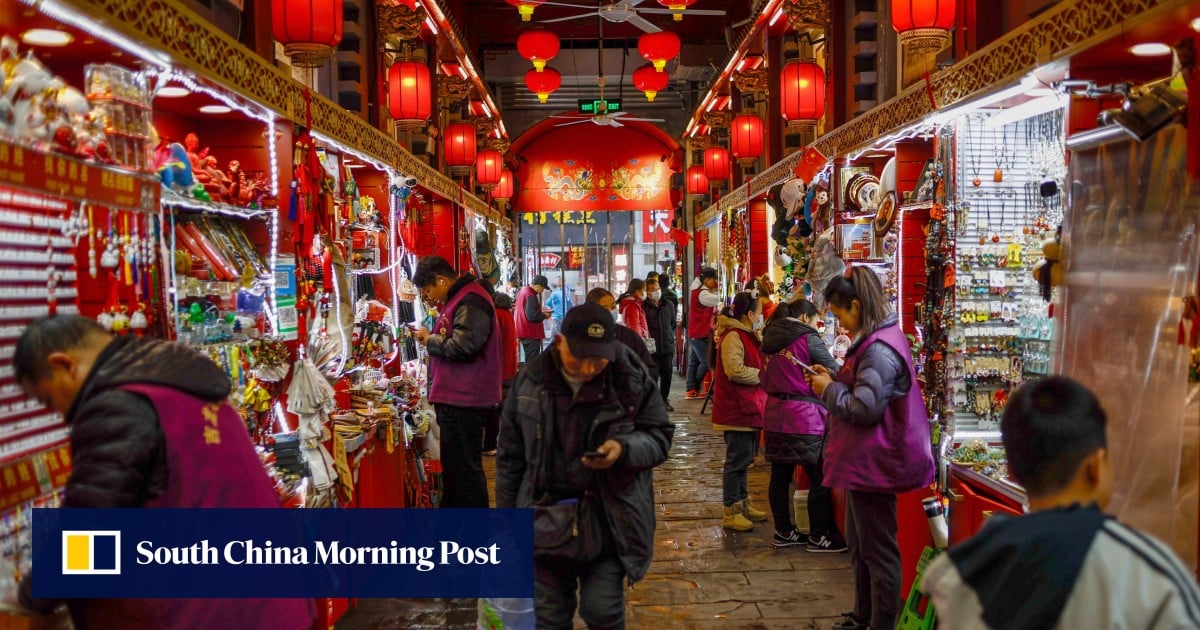
NBS chief statistician Dong Lijuan attributed the decline to downward pressures on energy and food prices.
Year-on-year core inflation, excluding food and fuel prices, remained at 0.6 per cent, the same as October, highlighting difficulties in kick-starting China’s post-Covid recovery.
“Deflationary pressure has heightened as domestic demand remains weak. This highlights the importance of more supportive fiscal policy to boost domestic demand and avoid further downward spiral in prices,” Zhang Zhiwei, president and chief economist at Pinpoint Asset Management, said.
China’s producer price index (PPI), which measures costs for goods at the factory gate, fell for the 14th straight month, down by 3 per cent year on year in November after a 2.6 per cent drop in October.
On a month-on-month basis, the PPI dipped by 0.3 per cent, after a flat reading in October.
Dong said the drop was a result of falling fuel prices and weak demand for industrial products.
China’s economy has been grappling with many difficulties internally and externally despite lifting all pandemic restrictions earlier this year. These include sluggish domestic consumption, local government debts risks, an ailing property sector and shaky exports as global growth slows down.
A slew of measures rolled out to stabilise the Chinese economy has so far failed to halt the downward trend.
Moody’s, however, kept its rating for China’s sovereign bonds unchanged at A1, meaning they were still of upper-medium investment grade.
He also called for efforts to stabilise economic fundamentals to help attract foreign capital and boost trade growth, and for efforts to counter negative narratives about the Chinese economy, according to state news agency Xinhua.
China’s Communist Party signals further delay to key economic session
China’s Communist Party signals further delay to key economic session
The Politburo said economic recovery was on the right track and consolidating it would be a priority in the coming year, while pledging to continue to implement proactive fiscal policies and prudent monetary policies.
With the recent strength in China’s exports at least partly fuelled by firms slashing prices to gain market share, analysts at Capital Economics said they did not expect the resilience to last.

